The continuation of seemingly endless war in the Middle East is not in America’s best interests. What are the exit criteria for US forces in the region? I happen to think President Trump is right in seeking to withdraw from the region. When virtually the entire US foreign policy establishment and Uniparty is against that policy shift, you just know that he is on the right track. By the way, it looks like a majority of vets who’ve fought those wars over the past 18 years would agree with POTUS’s long-term withdrawal strategy, too:
https://twitter.com/ByronYork/status/1190957645018157057
This article is an addendum to one posted on the subject on 4 Nov and contains additional perspective on situation. Here’s that 4 Nov article.
The Kurds have been generally reliable allies who deserve their own nation somewhere, but the ones in Syria are predominantly Marxists and are VERY likely to resume their 50-year terrorist and guerrilla insurgency campaign in southeastern Turkey from their newly-acquired base areas in northeastern Syria, with or without American troops present in the area. Let’s face it: a key root cause of the inter-generational conflicts throughout the Middle East is the 1916 Sykes-Picot agreement which arbitrarily carved out the current country boundaries without regard to ethnic and national concerns. The Kurds were left out of the equation, sowing the seeds for the continuing “Kurdish problem” in Turkey, Syria, Iraq, and Iran. Here is some background on that agreement:
Sykes-Picot Agreement, also called Asia Minor Agreement, (May 1916), secret convention made during World War I between Great Britain and France, with the assent of imperial Russia, for the dismemberment of the Ottoman Empire. The agreement led to the division of Turkish-held Syria, Iraq, Lebanon, and Palestine into various French- and British-administered areas.
Negotiations were begun in November 1915, and the final agreement took its name from the chief negotiators from Britain and France, Sir Mark Sykes and François Georges-Picot. Sergey Dimitriyevich Sazonov was also present to represent Russia, the third member of the Triple Entente.
Its provisions were as follows: (1) Russia should acquire the Armenian provinces of Erzurum, Trebizond (Trabzon), Van, and Bitlis, with some Kurdish territory to the southeast; (2) France should acquire Lebanon and the Syrian littoral, Adana, Cilicia, and the hinterland adjacent to Russia’s share, that hinterland including Aintab, Urfa, Mardin, Diyarbakır, and Mosul; (3) Great Britain should acquire southern Mesopotamia, including Baghdad, and also the Mediterranean ports of Haifa and ʿAkko (Acre); (4) between the French and the British acquisitions there should be a confederation of Arab states or a single independent Arab state, divided into French and British spheres of influence; (5) Alexandretta (İskenderun) should be a free port; and (6) Palestine, because of the holy places, should be under an international regime.
Even though the borders of the mandates were not determined until several years after the Sykes-Picot Agreement, the fact that the deal set the framework for these borders stoked lingering resentment well into the 21st century. Pan-Arabists opposed splitting up the mostly Arab-populated territories into separate countries, which they considered to be little more than imperialist impositions. Moreover, the borders split up other contiguous populations, like the Kurds and the Druze, and left them as minority populations in several countries, depriving their communities of self-determination altogether. Moments of political turmoil were often met with declarations of “the end of Sykes-Picot,” such as the establishment of the Kurdistan Regional Government in Iraq in 1992 or the rise of the Islamic State in Iraq and the Levant (ISIL) in 2014.
Read the rest here.
Getting back to the current situation, and some commentary courtesy of a pal, the dictatorial and erratic President Recep Tayyip Erdoğan is a real problem, but Turkey has been a mostly faithful NATO ally since 1949, has by far the 2nd largest armed forces in NATO (after ours), and is a hugely important strategic partner in moderating terrible security problems in the Middle East and Central Asia. Their strategic worth to American interests makes the Kurds a non-starter by comparison.
Turkey’s offensive against the YPG/PKK Kurds in Syria could be very realistically compared to our Oct 2001 offensive invasion of Afghanistan to get rid of the Taliban and the Al Qaeda bases and training camps. We were attacked on 9/11/2001 and demanded NATO help us in Afghanistan to take down the terrorists and those who hosted them. The PKK has the blood of thousands of Turkish soldiers, police, and civilians on their hands.
Allowing Turkey to spin off the NATO alliance (or worse, kicking Turkey out of NATO) would only benefit Putin’s Russia, and China just a little more indirectly. Furthermore, the illegal immigration problem of millions of Syrians, Afghans, and Iraqis is overwhelming Western Europe, Lebanon, Jordan, and destabilizing Turkey even more. Erdoğan’s concept of a 20-mile-deep security zone inside Syria for 4.5 million Syrian refugees to return and organize against the Assad regime actually makes a lot of sense and begins to address the root problems of the Syrian holocaust.
What most Americans don’t understand is that, in our myopic focus only on destroying ISIS and Al Qaeda in Syria, we heavily armed and trained a large and effective mostly PKK/YPG force, who are in fact our Turkish NATO allies’ most bitter existential enemies. Erdogan and the Turkish armed forces complained vociferously during the years that first Obama and then Trump did this, opening up the spigots for the YPG to become the top fighting dog in the Syrian junkyard. However, now that ISIS has been defeated for the most part, the USA is not going around collecting back all those heavy weapons, vehicles, radios, and laptop computers and returning them to our warehouses. The PKK/YPG Kurds will keep them and turn them on the Turkish military and police in southern Turkey in an even bloodier and more dangerous resumption of their 50-year insurgency to create a Kurdish Marxist state in southeastern Turkey.
As a close analogy, how would the American government and people feel if a longstanding NATO ally – say France or Germany – were heavily arming and training Taliban forces in Afghanistan, who have been fighting and killing Americans for over 18 years? It *IS* just about that bad and specific.
As an aside, let us not forget where those heavy weapons provided to the PKK/YPG originated! Think about Benghazi and the CIA operation that was covered up by Obama and Hillary Clinton. That operation involved the transfer/sale of warehoused Libyan weapons to Syrian rebels, including the Kurds. It would be interesting to follow the money trail, which leads straight to Uniparty pockets!
I do not particularly like Erdoğan, but he and Turkey have a point and strong reasons to be outraged with several years of generous American lethal support to the Kurds! I have to believe that POTUS has figured this all out, including the Benghazi connection. The PKK/YPG still has their eye clearly on the long-term strategy of their insurgent struggle with Turkey. Destroying the horrible ISIS threat was only the immediate short-term objective, and the only strategic security interest that we share with the Kurds. Whereas, we have MANY long-term strategic interests that we share with Turkey, whether with or (preferably) without Erdoğan.
The Kurds cannot help the US against a powerful revanchist and aggressive Russian superpower on the vulnerable southern flank of NATO. And they cannot help much against the dangerous foreign interventions, subversion, and terrorism of the radical Iranian regime in the Gulf, Iraq, or Syria. POTUS’s Syrian policy shift is on the right track despite the naysayers.
The end.

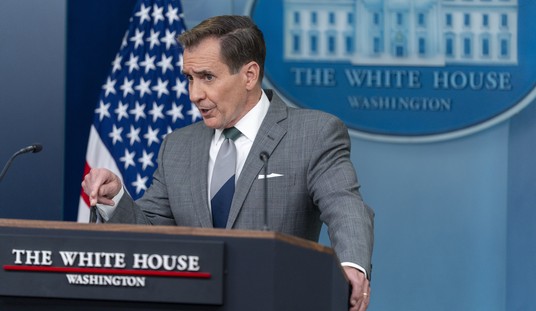
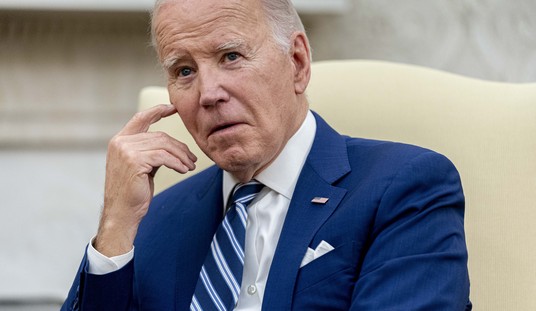


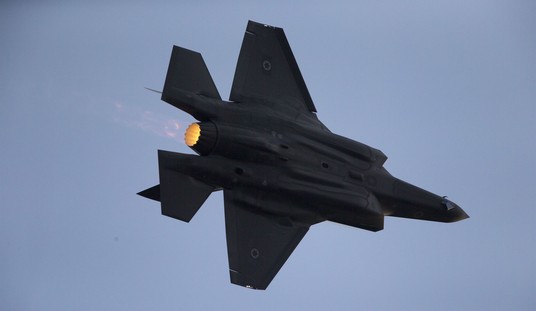


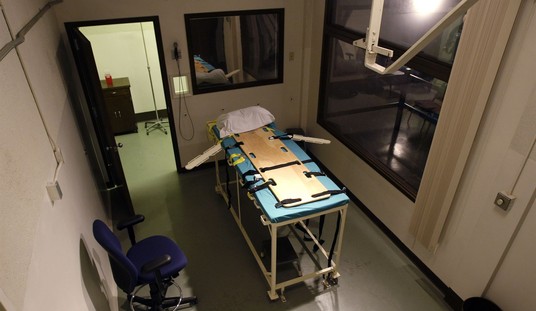




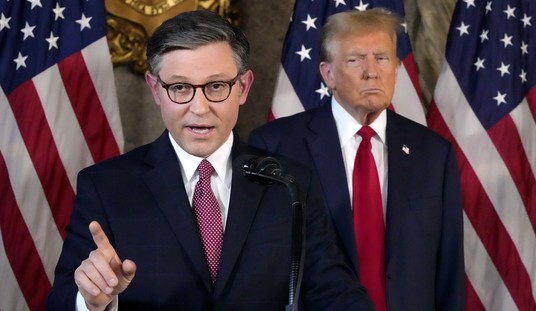
Join the conversation as a VIP Member